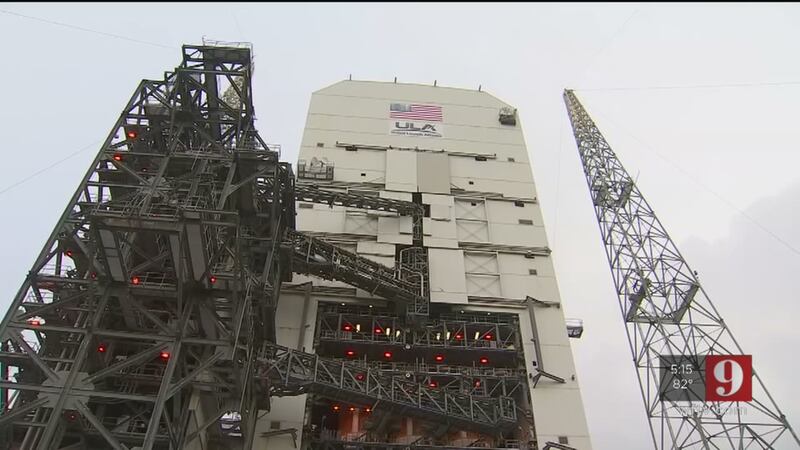BREVARD COUNTY, Fla. — NASA’s next Mars mission is scheduled to lift off from Cape Canaveral Air Force Station next week.
The July 30 launch, if all goes as planned will land the Perseverance rover on the surface of Mars in February.
The rover will collect and store rock and soil samples to search for signs of past microbial life, as well as collect data on the planet’s climate and geology, which will pave the way for human exploration
Coronavirus stimulus: Second check could be as much as the first
The rover is powered by a radioisotope thermoelectric generator, which converts heat from the natural radioactive decay of plutonium into electricity.
Teams anticipate a safe and successful launch for the plutonium-powered rover, but officials are also prepared for the unlikely event of a mission failure.
Read: FDA expands hand sanitizer recall to more than 75 brands
NASA estimates there is only a 1.3% chance of a launch accident of any kind. The chance of some release of plutonium dioxide is even smaller.
If it did happen, the risk to the public is considered small. Air monitors have been pre-staged around the launch area.
Cox Media Group






